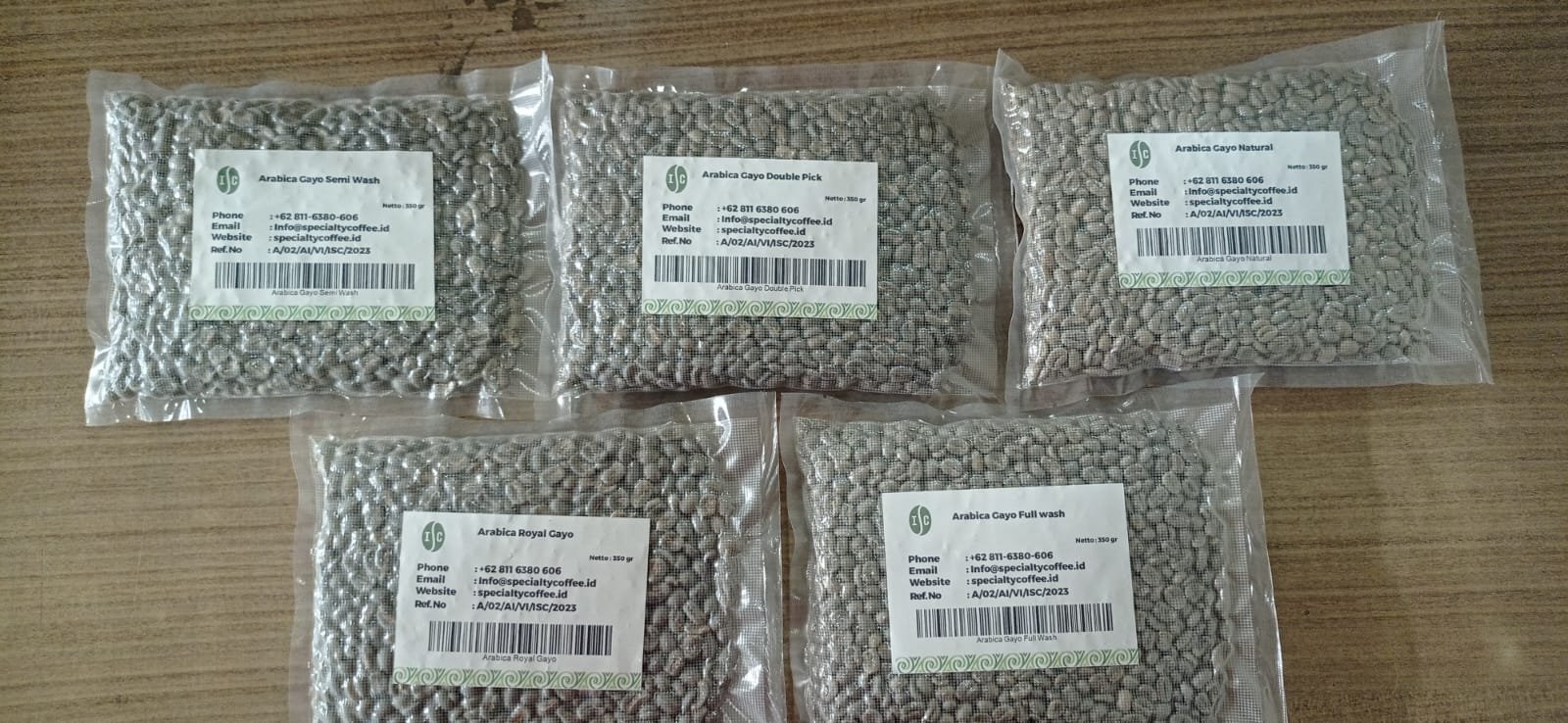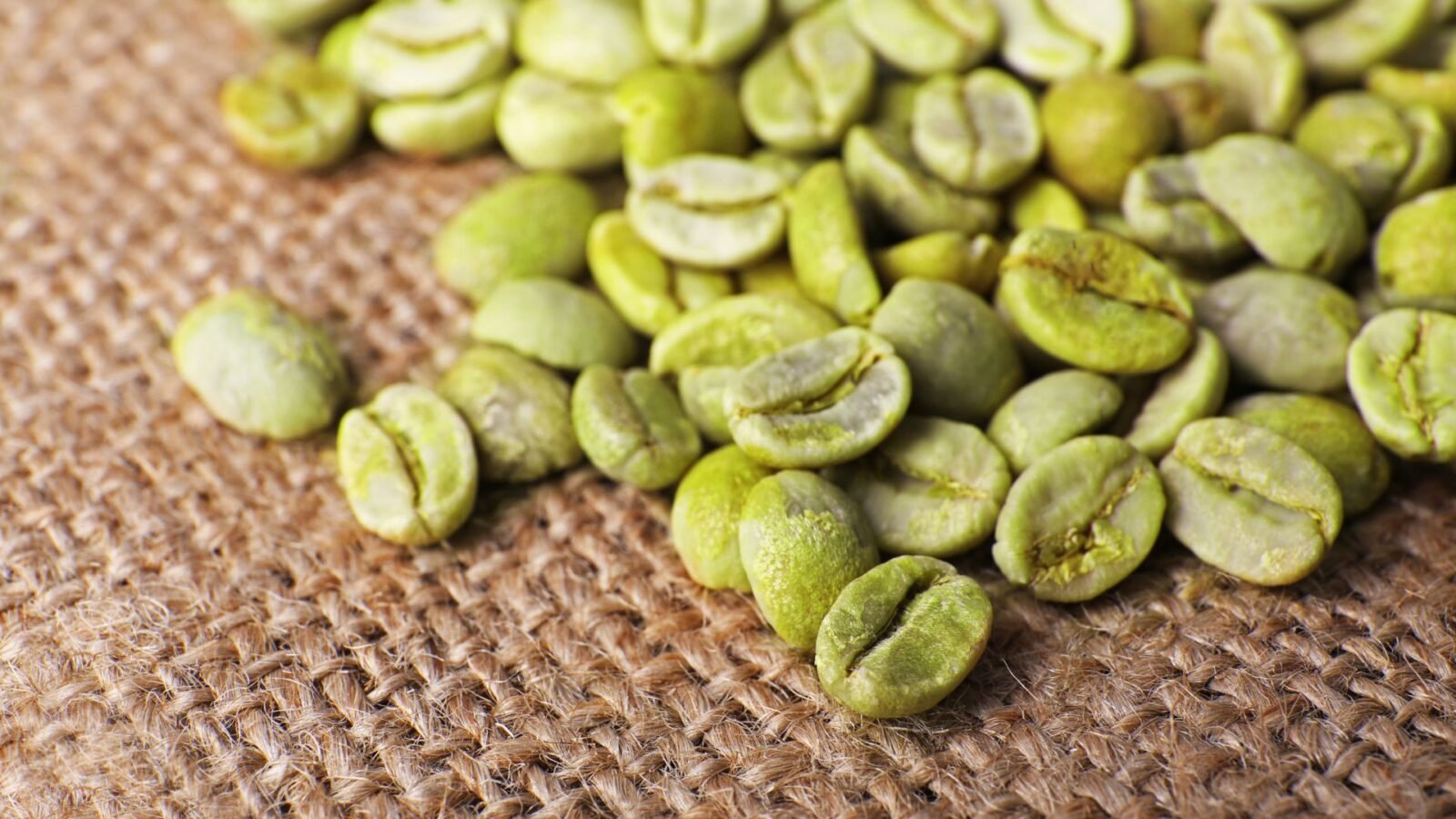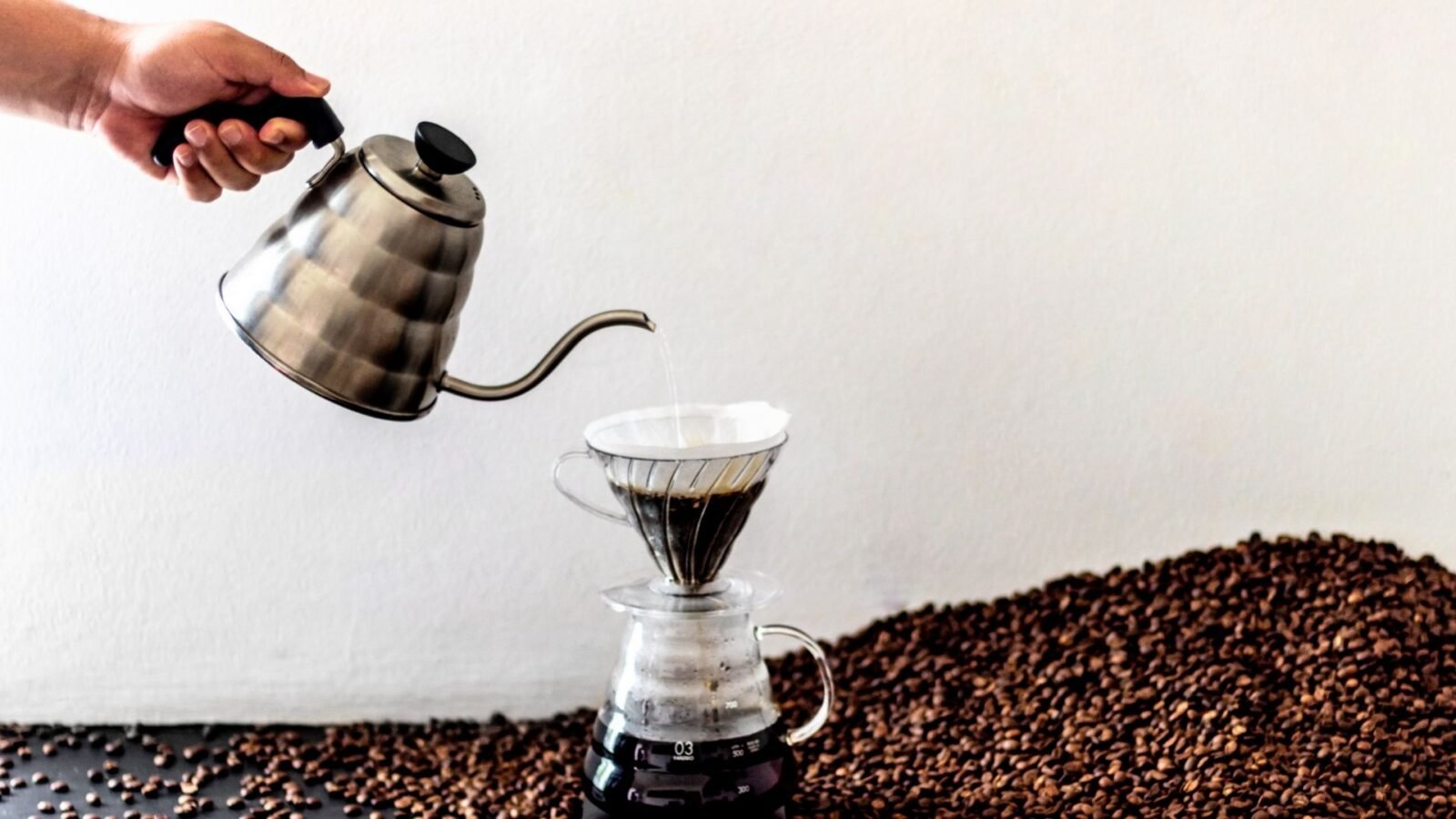Are you tired of settling for mediocre coffee? Do you dream of waking up to the aroma of a perfectly brewed cup every morning? Well, look no further! This comprehensive guide will unlock the secrets of freezing coffee beans, allowing you to achieve the perfect brew consistently. Freezing coffee beans may seem like an unconventional approach, but when done correctly, it can preserve the freshness and flavors of your beans like no other method.
Whether you’re a coffee connoisseur or just a casual enthusiast, this guide is a must-read for anyone who wants to take their coffee game to the next level. We’ll cover everything from understanding the science behind freezing to mastering the art of storage and grinding. Prepare to embark on a journey to revolutionize how you enjoy your morning cup of joe. So grab your favorite mug, and let’s dive in!
Why freeze coffee beans?
Freezing coffee beans is a practice that has gained popularity among coffee lovers worldwide. But why freeze your beans instead of simply storing them at room temperature? The answer lies in the science of coffee freshness. Coffee beans are susceptible to oxidation, leading to a loss of flavor and aroma. By freezing your coffee beans, you can slow down the oxidation process and extend the lifespan of your beans.
Additionally, freezing can help to preserve the natural oils and volatile compounds that give coffee its unique characteristics. This means that when you finally brew your frozen beans, you’ll be able to enjoy a cup of coffee bursting with flavor and aroma.
But it’s important to note that not all coffee beans are suitable for freezing. Certain factors, such as the roast level and moisture, can affect how well your beans freeze. The following section explores the benefits of freezing coffee beans and discusses which beans are best suited for freezing.
Benefits of freezing coffee beans
Freezing coffee beans offers several benefits that can significantly improve the quality of your brew. First and foremost, freezing can help preserve your beans’ freshness. When coffee beans are exposed to air, they lose their flavor and aroma. By freezing your beans, you can effectively slow the oxidation process and keep your coffee fresh longer.
Another advantage of freezing coffee beans is that they can extend your beans’ lifespan. Coffee beans have a limited shelf life; they can quickly go stale if not stored properly. By freezing your beans, you can keep them fresh for up to several months, allowing you to enjoy high-quality coffee long after you’ve purchased your beans.
In addition to preserving freshness, freezing can help maintain your coffee’s flavor and aroma. When coffee beans are frozen, they retain the natural oils and volatile compounds that contribute to their taste and smell. This means that when you finally brew your frozen beans, you’ll be able to experience the full range of flavors and aromas the coffee offers.
Now that we’ve explored the benefits of freezing coffee beans, let’s dive into properly freezing your beans.
How to properly freeze coffee beans
Properly freezing coffee beans is key to preserving their freshness and flavors. Here’s a step-by-step guide to help you freeze your beans like a pro:



1. Start with fresh, high-quality coffee beans. Before freezing your beans, make sure they are at their peak freshness. This means using beans that have been recently roasted and are free from any defects or off-flavors. Get the best quality Indonesian Green Coffee Beans from ISC.
2. Divide your beans into smaller portions. To ensure that your beans freeze evenly, it’s best to divide them into smaller portions. This will also make it easier to thaw and use only the amount of beans you need without exposing the rest to air and moisture.
3. Use airtight containers or bags. Transfer your coffee beans into airtight containers or bags specifically designed for freezing. This will help to prevent air and moisture from coming into contact with your beans, which can lead to freezer burn and loss of flavor.
4. Label and date your containers. To keep track of the freshness of your frozen beans, it’s important to label and date your containers. This will help you identify how long your beans have been frozen and when they should be used.
5. Place your containers in the freezer. Once your beans are properly sealed and labeled, place them in the freezer. Store them away from strong-smelling foods or substances that could taint your beans’ flavor.
6. Avoid frequent thawing and refreezing. It’s best to thaw only the beans you need for each brewing session. Frequent thawing and refreezing can lead to moisture buildup and compromise the quality of your beans.
Following these steps, you can freeze your coffee beans to preserve their freshness, flavors, and aromas. In the next section, we’ll share some tips for storing frozen coffee beans to ensure maximum quality.
Read also: Direct Trade vs. Wholesale: Where to Find the Freshest Raw Coffee Beans
Tips for storing frozen coffee beans
Storing frozen coffee beans properly is just as important as freezing them correctly. Here are some tips to help you maintain the quality of your beans:
1. Keep your frozen beans away from air and moisture. Air and moisture are the enemies of coffee beans, as they can lead to oxidation and loss of flavor. Store your frozen beans in airtight containers or bags to prevent contact with air and moisture.
2. Store your frozen beans in a dark and cool place. Light and heat can also degrade the quality of your coffee beans. It’s best to store your frozen beans in a dark and cool place, such as the back of your freezer or a pantry away from direct sunlight.
3. Avoid opening the container unnecessarily. Opening the container unnecessarily can introduce air and moisture into the container, leading to freezer burn and loss of flavor. Try only to open the container when you need to access your beans.
4. Use a vacuum sealer for long-term storage. If you plan on storing your beans for an extended period, consider using a vacuum sealer to remove all the air from the container. This will help to prevent oxidation and preserve the freshness of your beans.
By following these tips, you can store your frozen coffee beans in a way that maintains their quality and ensures a delicious brew every time. In the next section, we’ll discuss the process of thawing and using frozen coffee beans.
Thawing and using frozen coffee beans
Thawing and using frozen coffee beans is a straightforward process that can be easily incorporated into your brewing routine. Here’s how to do it:
1. Remove the desired amount of beans from the freezer. When you’re ready to brew, remove the beans you need from the freezer. It’s best only to thaw the amount you plan on using for each brewing session to minimize exposure to air and moisture.
2. Allow the beans to come to room temperature. After removing the beans from the freezer, let them come to room temperature before grinding and brewing. This will help to prevent condensation from forming on the beans, which can lead to loss of flavor.
3. Grind the beans as usual. Once the beans have reached room temperature, grind them as you would with freshly roasted beans. It’s important to note that frozen beans may require slight adjustments to your grind size, so be sure to experiment and find the right grind setting for your brewing method.

4. Brew and enjoy! Brew your coffee with freshly ground frozen beans using your preferred brewing method. Take a moment to savor the flavors and aromas preserved through freezing. You’ll be amazed at the difference freezing can make in the quality of your brew.
Now that you know how to thaw and use frozen coffee beans, let’s address some common myths and misconceptions about freezing coffee beans.
Common myths about freezing coffee beans
There are several myths and misconceptions surrounding the practice of freezing coffee beans. Let’s debunk some of the most common ones:
1. Myth: Freezing coffee beans will make them taste stale. The truth is that when done correctly, freezing can preserve the freshness and flavors of your beans. By minimizing oxidation and preserving the natural oils and volatile compounds, freezing can help to maintain the quality of your coffee.
2. Myth: Frozen coffee beans must be thawed long. While allowing your frozen beans to come to room temperature before grinding and brewing is essential, they don’t need to thaw for an extended period. Thawing your beans for too long can lead to moisture buildup and compromise the quality of your brew.
3. Myth: Frozen coffee beans can be refrozen multiple times. Frequent thawing and refreezing can lead to moisture buildup and compromise the quality of your beans. It’s best to thaw only the beans you need for each brewing session to minimize exposure to air and moisture.
4. Myth: Freezing coffee beans is only suitable for low-quality beans. Freezing coffee beans is a practice that can benefit beans of all qualities, from low-quality to high-quality. The key is to start with fresh, high-quality beans and follow the proper freezing and storage techniques.
By dispelling these myths, we hope to encourage more coffee lovers to explore the benefits of freezing coffee beans. In the next section, we’ll delve into the impact of freezing on coffee flavor and aroma.
The impact of freezing on coffee flavor and aroma
The impact of freezing on coffee flavor and aroma has been much debated among coffee enthusiasts. While some argue that freezing can diminish the coffee’s quality, others believe it can enhance the flavors and aromas. So what’s the truth? When done correctly, freezing can help preserve the natural oils and volatile compounds contributing to coffee’s flavor and aroma. This means that when you finally brew your frozen beans, you’ll be able to experience a cup of rich, vibrant, and full-bodied coffee.
However, it’s important to note that freezing is not a magic solution that can turn mediocre beans into exceptional ones. Freezing can enhance the flavors and aromas of high-quality beans, but it won’t magically transform low-quality beans into something extraordinary. It’s always best to start with fresh, high-quality coffee beans and use freezing to preserve their freshness and flavors.
Now that we’ve explored the impact of freezing on coffee flavor and aroma let’s discuss different methods for freezing coffee beans.
Different methods for freezing coffee beans
There are several methods for freezing coffee beans, each with pros and cons. Here are some of the most common methods:
1. Whole bean freezing: This method involves freezing the coffee beans in their whole form. It’s the most straightforward method and requires minimal effort. However, it can be challenging to thaw and use only the necessary beans without exposing the rest to air and moisture.
2. Pre-portioned freezing: This method involves dividing your coffee beans into smaller portions before freezing. It allows for easier thawing and prevents unnecessary exposure to air and moisture. However, it requires more effort upfront to portion and package your beans.
3. Vacuum sealing: This method involves using a vacuum sealer to remove all the air from the container or bag before freezing. It helps to prevent oxidation and preserve the freshness of your beans. However, it requires additional equipment and can be time-consuming.
4. Flash freezing: This method involves freezing the coffee beans at a shallow temperature for a short period. It helps preserve the beans’ flavors and aromas but requires specialized equipment.
Each method has advantages and disadvantages, so choosing the one that best suits your needs and preferences is essential. The following section addresses some frequently asked questions about freezing coffee beans.
Frequently asked questions about freezing coffee beans.
1. Can I freeze ground coffee?
2. How long can I freeze coffee beans?
3. Can I freeze flavored coffee beans?
4. Can I freeze coffee beans in the bag they came in?
We hope to clarify and guide those new to freezing coffee beans by addressing these frequently asked questions. In the final section, we’ll summarize our guide with a conclusion and final thoughts.
Conclusion and final thoughts
Freezing coffee beans is a practice that can revolutionize the way you enjoy your morning cup of joe. When done correctly, freezing can preserve the freshness and flavors of your beans, allowing you to enjoy a high-quality brew long after you’ve purchased your beans. By understanding the science behind freezing, mastering the art of storage and grinding, and debunking common myths and misconceptions, you’ll be well-equipped to take your coffee game to the next level.
Remember, freezing coffee beans is not a one-size-fits-all solution. It’s essential to start with fresh, high-quality beans and follow the proper freezing and storage techniques. Experiment with different methods and find what works best for you.
So the next time you settle for a mediocre coffee, remember the secrets of freezing coffee beans. With a bit of preparation and know-how, you can unlock the full potential of your beans and enjoy a perfect brew every time. Cheers to the perfect cup of coffee!








